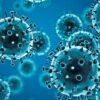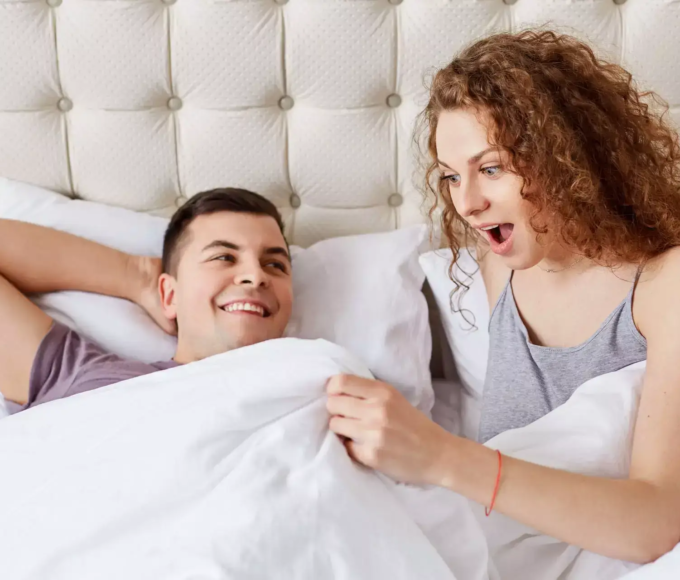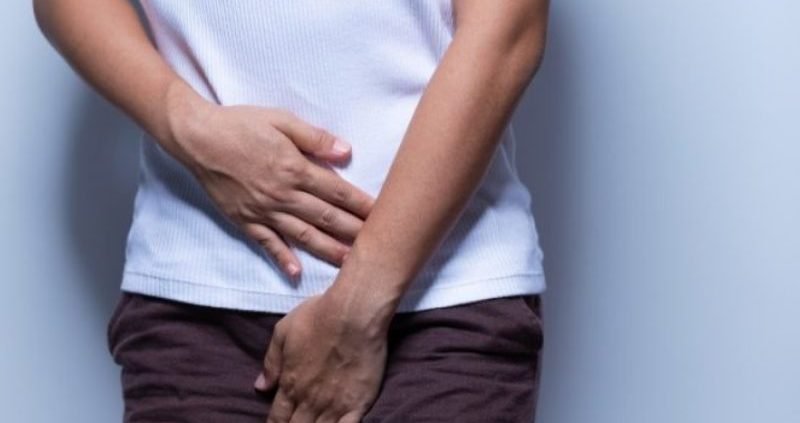While the U.S. population stayed inside and spent their time watching Netflix or playing game slot online during the COVID-19 pandemic, alcohol use increased in the U.S. It’s higher today than it was in 1920, just before prohibition when the typical American adult drank over two gallons of liquor each year. They’re still guzzling 2.3 gallons after a century. There’s a lot of booze going on here.
Many other sectors witnessed an increase in sales as a result of the pandemic, in addition to online and brick-and-mortar alcohol merchants. Some sectors, including the (relatively new) hangover prevention industry, benefited directly from America’s habits. Others just flourished as a consequence of the COVID-19 crisis’ change in customer requirements.
During the Pandemic, Americans Drank Way More
Due to the many limitations placed on bars and clubs for dine-in customers, people turned to purchase alcohol from internet vendors instead of brick-and-mortar establishments. Virtual happy hours became a thing as people explored new methods to enjoy drinks with their pals. According to Nielsen market statistics, alcohol sales outside of bars and restaurants surged by almost 24% during the pandemic.
At $82 billion, Japan is one of the world’s biggest alcohol markets. A $178-million hangover market is located along, selling remedies and preventions. With a volume of $259 billion, the alcohol market in the U.S. dwarfs that of Japan.
You’d assume the demand for hangover cures would be stronger here as well. “The hangover prevention market in the United States is so limited that it scarcely exists.” Tyler Cresswell, CEO of VuduCare, says. The head of the company that makes a hangover prevention tablet that employs vegan and FDA-approved chemicals adds, “We couldn’t even locate enough data points to create a comparison to Japanese markets.”
While prevention isn’t a quantifiable business, hangover treatment in the US has grown into a billion-dollar industry since the middle of the previous decade. However, it’s difficult to quantify since many people utilize products like sports drinks, energy drinks and Advil – which aren’t particularly promoted as hangover remedies – to alleviate symptoms.
However, rehydration supplements, a more specialized area of the hangover treatment industry, are expected to increase to $2.78 billion by 2025. A handful of morning-after treatments, such as Blowfish, are gaining traction. For the rich, there are even IV infusions to heal hangovers.
As the popularity of hangover treatment grows, hangover avoidance remains a lucrative business sector. As Cresswell points out, hangover avoidance is a small but rising e-commerce business in the U.S. Rehydrating pills, IV drips, and Gatorade are symptom treatments, not prevention, which is where novel preventions like VuduCare differ – you don’t have to treat the symptoms if you don’t wake up with a hangover in the first place.
The New Normal Was Excessive Cleanliness
Finding a bottle of Purell on a supermarket shelf early in the quarantine was like winning the lottery. Everyone wanted to get their hands on it, and there was a distinct scarcity. Brands we’d never heard of before began producing hand sanitizer very immediately and have been selling out ever since.
Cleaning supplies were in great demand, with cleansers and sanitizers needed by residences, companies, medical institutions, restaurants, and offices to keep their doors open to the public. Purell’s producers stated in March 2020 that hand sanitizer sales had soared by more than 300% in only one week. This spike in sales had coincided with the pandemic, which had been ongoing for nearly seven months.
Workout Gear Made Its Way Into Every Household
If you were someone seeking weights or other fitness equipment during the pandemic, you surely had a hard time finding any. People started finding places in their homes for training equipment, even in small apartments in New York City, while gyms closed around the nation.
People raced to buy gym equipment to keep in shape physically and psychologically at a time when self-care and mental health were a priority — with high-stress levels owing to the pandemic. Workout equipment sales increased by 600% in stores, and many firms marked up these in-demand products dramatically to capitalize on the demand.
Read More
anime pfp
anime pfp aesthetic
pfp anime
vudu com start
vudu start








Leave a comment